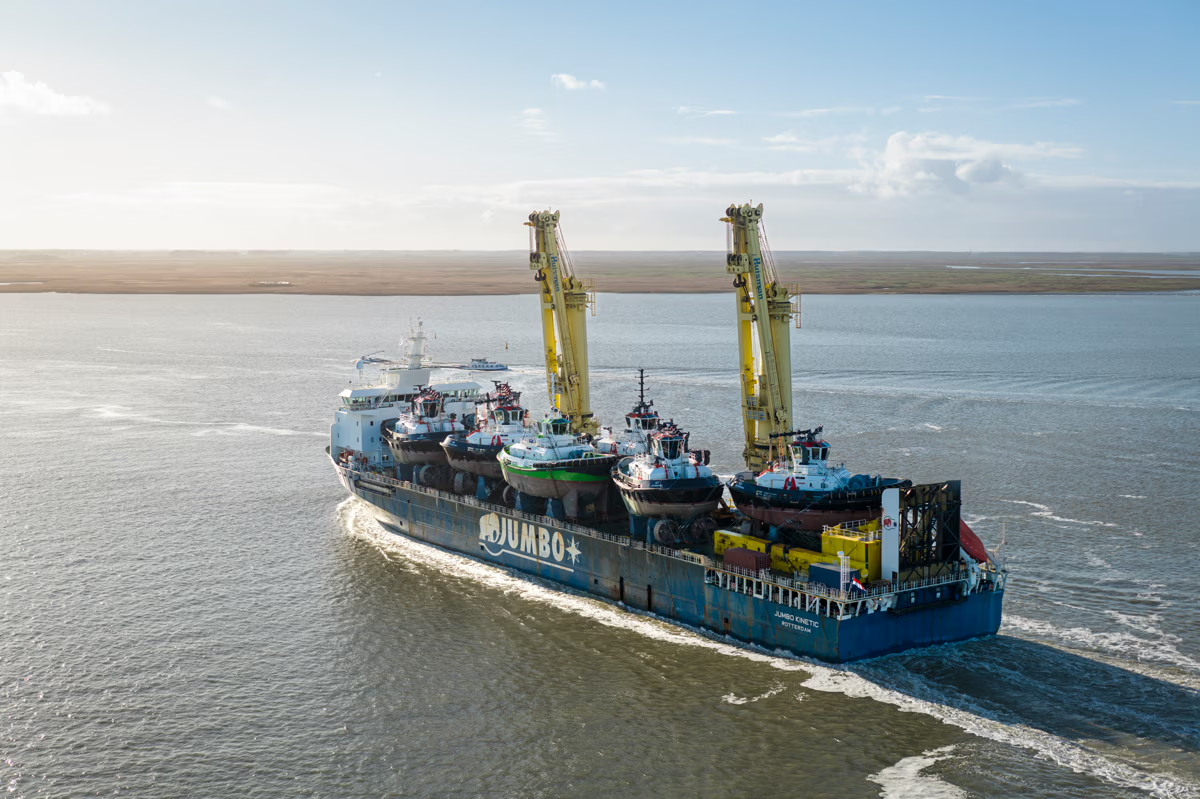Hijack success rate for Somali pirates has dropped sharply
 The hijack success rate for Somali pirates has dropped sharply in recent months, a NATO official said on Monday, due in part to more merchant ships turning to armed security guards, razor wire and water pumps to protect themselves.
The hijack success rate for Somali pirates has dropped sharply in recent months, a NATO official said on Monday, due in part to more merchant ships turning to armed security guards, razor wire and water pumps to protect themselves.
Improved international cooperation on combating piracy on land and at sea – covering an area four times the size of the Arabian peninsula – has been the cornerstone of efforts to tackle a problem costing the world economy up to $12 billion a year, a spokesman for NATO’s counter-piracy force in the Indian Ocean said.
“Only six vessels have been pirated for ransom in the last eight months, compared to 36 in the preceding eight,” Lieutenant Commander Mehmet Elyurek told reporters on board the TCG Giresun, the Turkish flagship of the force that operates off the Horn of Africa.
The rate of successful hijack attempts had “almost returned to pre-crisis (2007) levels.”
John Steed, a former head of the United Nations counter-piracy unit, has said a major reason for the drop in the number of vessels hijacked is that the pirates got so rich last year.
But increased use of armed private security guards, and other defences like pirate-pummelling water pumps and razor wire are also helping reduce the number of successful attacks on merchant ships.
“Armed security guards on board the merchant vessels is very effective means of protecting them,” Rear Admiral Sinan Azmi Tosun, the commander of the SNMG2 said. “We welcome all these protection measures.”
Nine pirated merchant ships are still anchored off the Somali coast waiting for ransom payments from their owners, and an Iranian sugar ship hijacked last week near the Maldives is on its way to Somalia, he said.
Pirates held 1,026 hostages last year but after some $146 million in ransom was paid to free 30 vessels, the number of hostages has fallen to 236, according to NATO figures.
Source: Reuters


























































